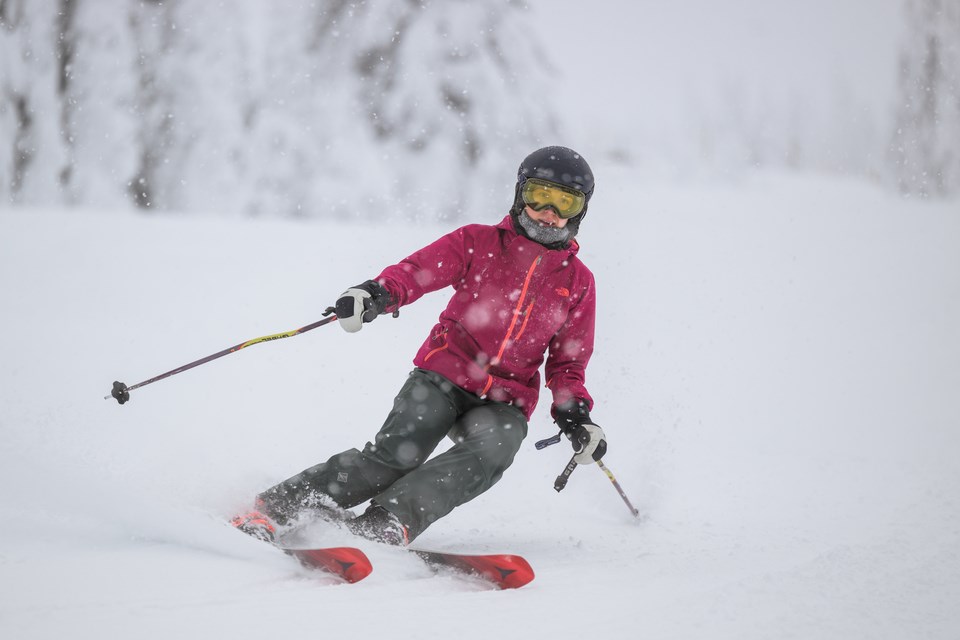For Michael Ballingall, a strong U.S. dollar will keep American tourists flowing across the border even in the event of a trade war.
“When you can come up to supernatural B.C. and you get everything at a 40 per cent discount – they're coming,” the Big White Ski Resort vice-president of marketing and sales told BIV earlier this month.
“Our business is up some 44 per cent. … I don't think anyone in America is saying, don't go visit Canada.”
Ballingall, who’s also a board member of the Tourism Industry Association of BC, added Big White’s bookings were filled with Americans prior to the Family Day long weekend.
And it seems like the long weekend was indeed a hit, as the resort reached its second busiest day of all time on Sunday.
Around 9,600 skiers passed through Big White’s gates, with around 30 per cent of accommodations booked from visitors from Ontario, Washington state and Alberta, said Ballingall.
If reciprocal tariffs come into play next month, the cost of goods for businesses will increase and could be passed on to tourists and consumers, he added.
But these increases will be offset by the favourable exchange rates for American tourists, a trend occurring all winter long at Big White, according to Ballingall.
“Most Americans, and the surveys will show, are not attuned to the actual value of the Canadian dollar,” he said.
This has triggered an increase in sales across the board at the resort, from new skis to top-shelf alcohol.
Nevertheless, industries like transportation, hospitality and tourism are currently listening and researching.
“It doesn't change our personality – we're Canadian first, so we're polite, we're hospitable, we're welcoming,” said Ballingall.
Faith in the exchange rate
B.C.’s Ministry of Tourism, Culture, Sports and Arts said a favourable exchange rate makes the province a desirable destination for U.S. travellers.
“The tourism sector is generally a tariff-free industry,” it said in an early February email, adding there are opportunities to create economic activity through tourism if tariffs on goods are implemented.
According to the ministry, most American visitors to B.C. are from Washington state, accounting for 34 per cent of overnight U.S. visits. Visitors from Washington also account for 21 per cent of U.S. overnight visitor spending.
Californians account for 24 per cent of overnight visits and spending.
“No matter what happens, British Columbians and our tourism sector welcomes Americans and international travellers to visit our province,” the ministry stated.
This comes amidst a 25 per cent tariff threat on Canadian imports from U.S. President Donald Trump, which were paused for 30 days earlier this month.
With files from The Canadian Press and Cindy White.





